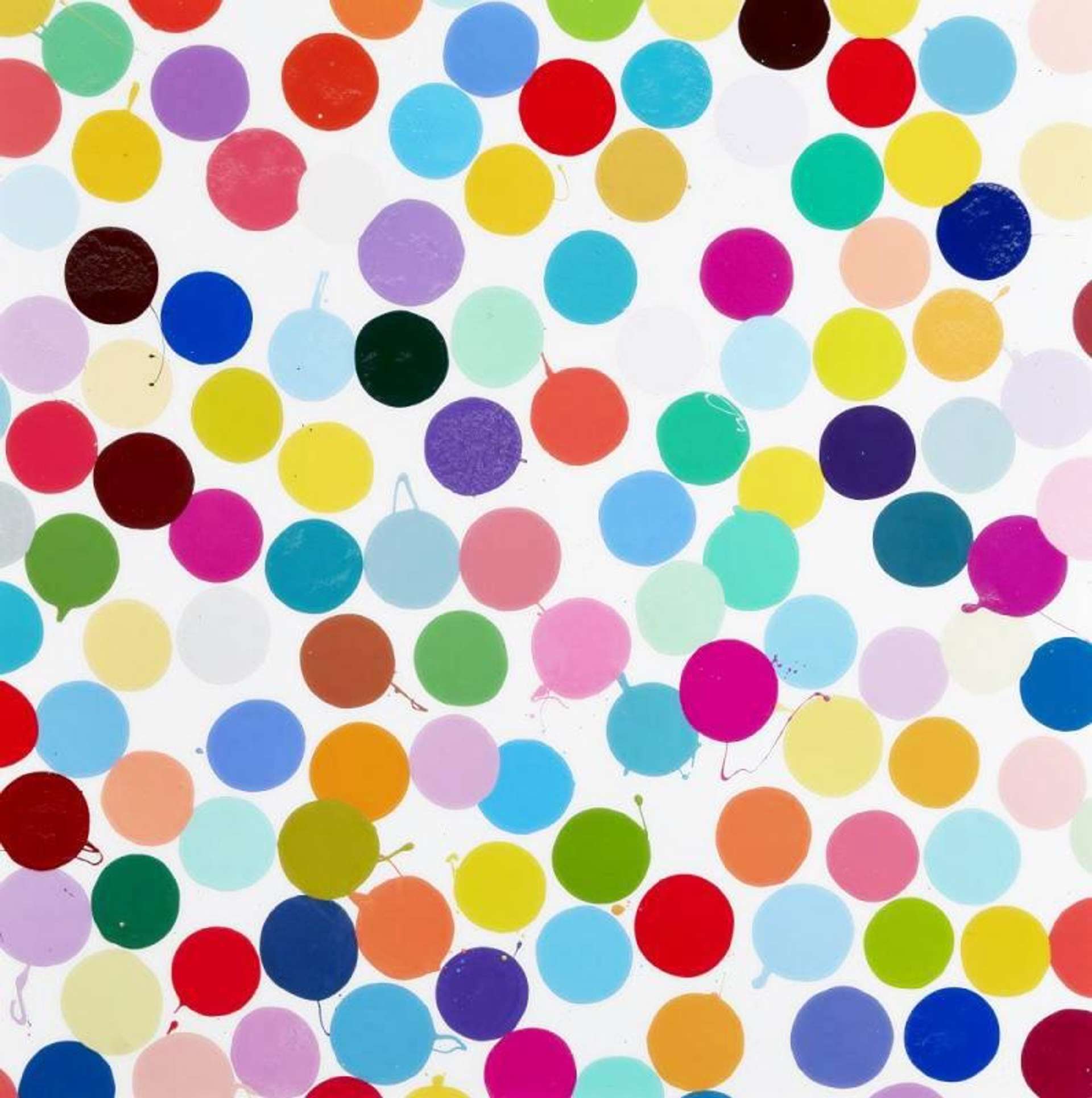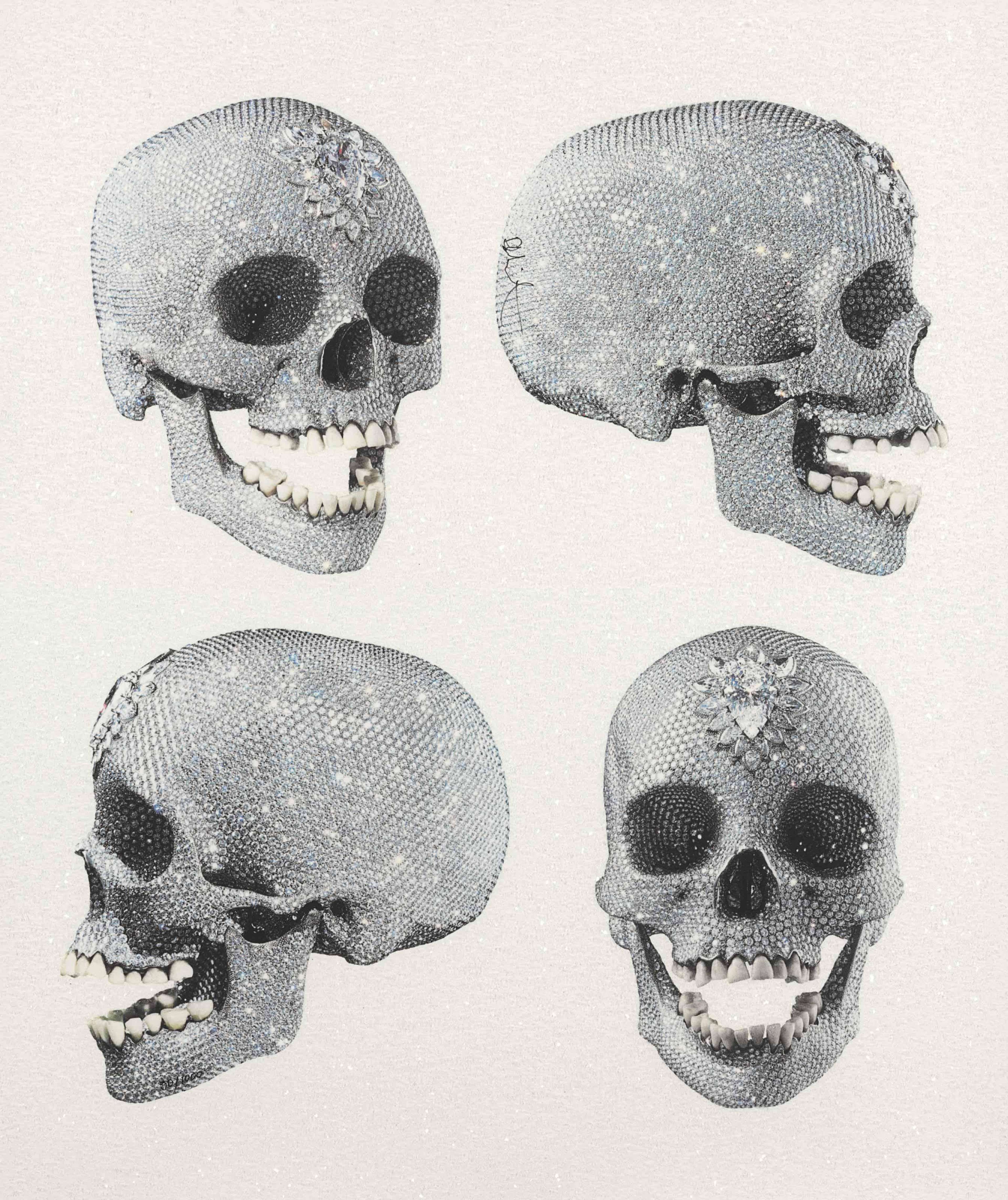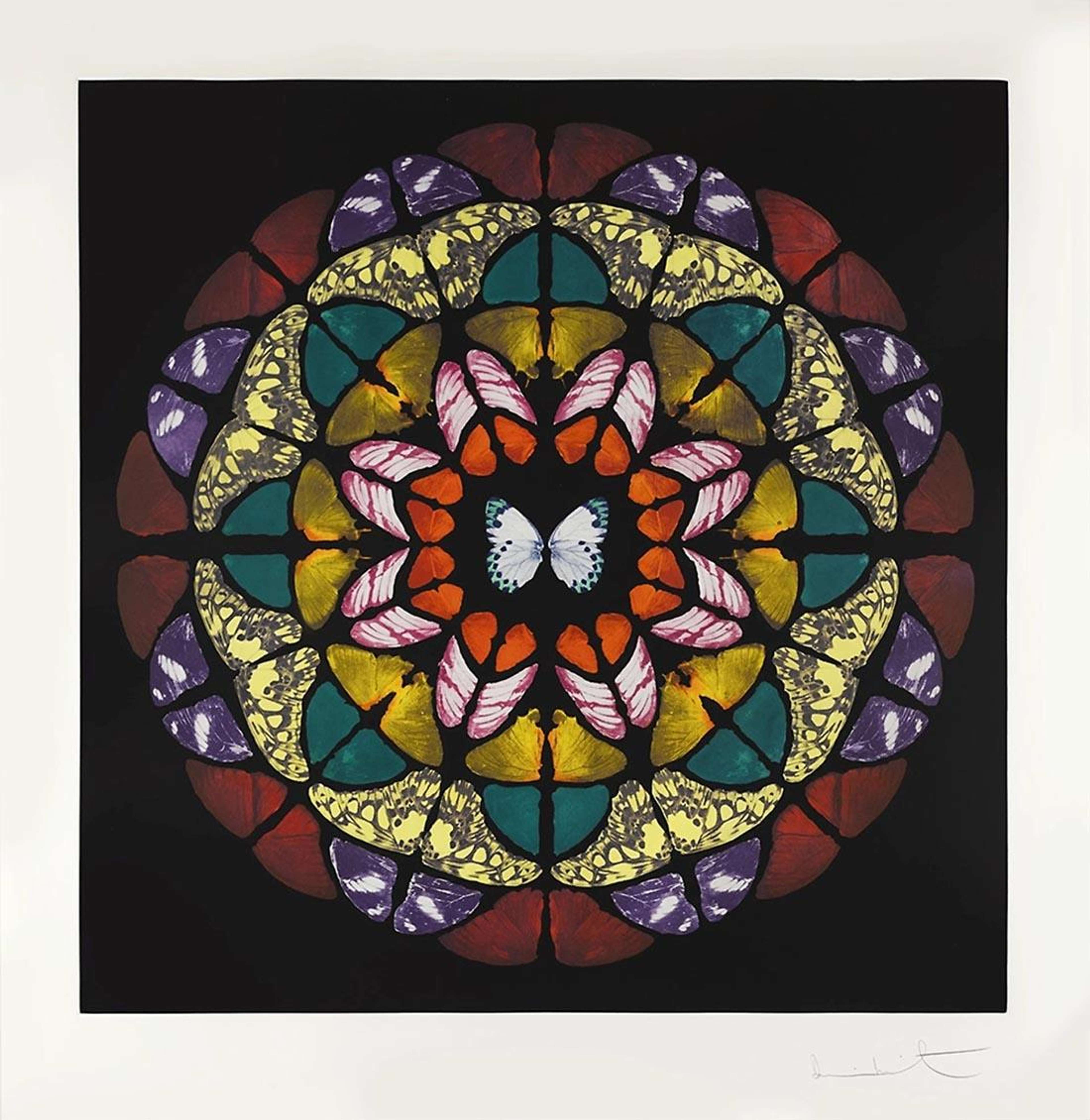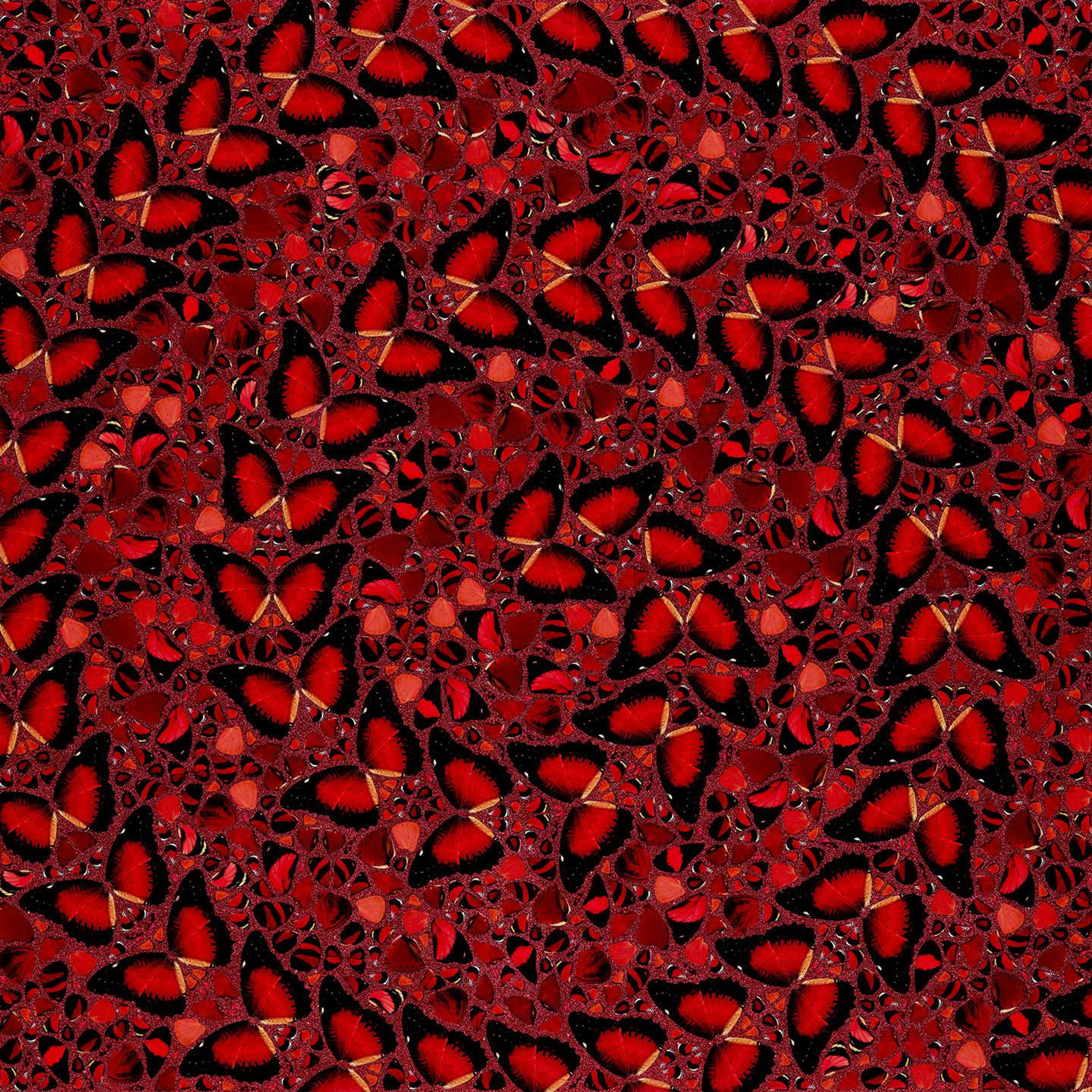Damien Hirst Yields $20m Payday With Heni Editions

 Image © Heni / The Beautiful Paintings © Damien Hirst 2023
Image © Heni / The Beautiful Paintings © Damien Hirst 2023
Damien Hirst
684 works
In his most recent collaboration with Heni Editions, Damien Hirst presents The Beautiful Paintings. The limited series, released as both physical and NFT artworks, invited collectors to produce their own iterations of Hirst's iconic Spin Paintings. Using a machine learning algorithm, The Beautiful Paintings are totally customisable by: size, format, design, colour-way, and even the title of the artwork. The ‘revolutionary’ artwork blurs the boundaries between digital and physical art creation, and has been met with equal measures of success and uncertainty.
One thing however is certain: The Beautiful Paintings testify to Hirst's technological innovation and his firm grip on the commercial appeal of his art. Yielding over $20million from this AI-generated series, Hirst shows himself to be a formidable marketer-cum-artist once again.
Released as a limited ‘drop’ on 31 March 2023, which closed on 10 April, Hirst's The Beautiful Paintings caused an immediate media buzz. As the crowned King of Controversial Art, Hirst has never shied away from a contentious stunt in his artwork: from formaldehyde animals to the performative burning of his own work. Following his previous collaboration with Heni in 2022, titled The Currency, Hirst returns to Heni with The Beautiful Paintings: continuing his controversial print and NFT stint.
Damien Hirst burning his 1,000 Currency artworks © Heni 2022
Hirst and Heni: From The Currency to The Beautiful Paintings
With The Currency (2022), Hirst sold an edition of 10,000 of his iconic Spot Paintings, with a correlating edition of 10,000 NFT artworks. However, the collector could only choose to keep one version of the artwork upon purchase. This triggered a rather philosophical dilemma: save the physical artwork and destroy the NFT, or save the NFT and watch the physical artwork burn - literally. Hirst himself kept 1,000 of these artworks in NFT form, meaning that he had to burn his own art for the first time. The artist burned these artworks - one by one - at a special event on 11 October 2022. The series drew into question the validity of NFTs as an art-form in their own right, and whether physical art - in the traditional sense - was dying.
Unlike The Currency, Hirst's recent The Beautiful Paintings allowed collectors choose whether they wanted their artwork produced as a physical piece, an NFT, or both. No artworks were destroyed this time, but the inclusion of NFTs in the edition proves that the intersection between Blue Chip art and the metaverse is here to stay.
 Image © Heni / Damien Hirst Holding One Of The Beautiful Paintings © Damien Hirst 2023
Image © Heni / Damien Hirst Holding One Of The Beautiful Paintings © Damien Hirst 2023What Are The Beautiful Paintings?
Despite their name, The Beautiful Paintings are not actually paintings - they are either Giclée prints printed on canvas or NFTs. During the creation stage, the collector can choose between two shapes (a square or circular format) and four sizes. The circular and square physical artworks were available in canvases measuring: 23, 40, 70, and 100 cm in diameter, costing $1,500, $3,000, $4,500 and $6,000 depending on the size, plus any applicable taxes. The NFT artworks were $2,000 plus any applicable taxes. Each artwork in the series is unique, and the physical artworks are hand-signed by Damien Hirst in paint pen on the front of the work.
Just like Hirst's painted Spin Paintings, there is an element of chance in the creation of these works. The generated images made by Heni's machine-learning algorithm, which powers the collection, allows collectors to generate and regenerate artworks in a range of selected colours and effects. Likewise, the final output also has an element of randomness - making the series one of Hirst's most collaborative to date.
 Image © Heni / Damien Hirst With One Of The Beautiful Paintings © Damien Hirst 2023
Image © Heni / Damien Hirst With One Of The Beautiful Paintings © Damien Hirst 2023Damien Hirst's Spin Paintings
Since 1992, Hirst has been creating Spin Paintings as a response to Abstract Expressionism. As we see in other series across his monumental oeuvre, the Spin Paintings reveal Hirst's desire to make art creation a mechanical and almost ‘clinical’ process. By attaching his canvases to a spin machine, Hirst threw paint onto the canvas as it spun. The resulting effect is dizzying and involves a great degree of chance: just like the AI-generated works from The Beautiful Paintings.
In the 30 years following his first Spin Painting, Hirst has produced a plethora or unique works and print editions focusing on the spin format. Though The Beautiful Paintings have replaced the physical process involved in the original spin works, they incorporate the same level of chance.
Spin Paintings Exhibitions
Visitors can explore Hirst’s captivating Spin Paintings at the Museum of Urban and Contemporary Art in Munich, where seven pieces from the series are displayed as part of his solo exhibition The Weight of Things, on view until November 24, 2024.
Positioned along a prominent wall in the MUCA halls, these vibrant, large-format works captivate audiences with their intense colours and dynamic, circular patterns created by Hirst’s custom-made spin apparatus. Each Spin Painting has a distinctive title beginning with "Beautiful" and ending with "Painting", such as Beautiful Acid Colour Fading Fabulous Explosive Extravagance Deep Purple Mucus with Green and Yellows Personality Moon Painting.
 Image © Heni / The Beautiful Paintings Dashboard © Heni Editions & Damien Hirst 2023
Image © Heni / The Beautiful Paintings Dashboard © Heni Editions & Damien Hirst 2023AI & Machine Learning Generative Art
As we saw with The Currency, Hirst always has his finger firmly on the pulse of technological innovation - never shying away from the sometimes controversial bridge between technology and art. Over the past year, Hirst worked closely with the Heni data science team to create a generative algorithm that digitally constructs artworks in 25 unique styles. The algorithm is written in p5.js, a JavaScript library, and is stored on-chain. With this unique algorithm - which incorporates a variety of techniques including WEBGL shaders, Perlin noise and trigonometric functions - the generated artworks mirror the motion of paint achieved in Hirst's physical Spin Paintings.
By using The Beautiful Paintings dashboard, collectors could choose their own shape, size, colour palette and styles for their customisable artwork. The names of the colours available on the eye-dropper tool had names which were generated using machine learning. The machine learning was even used to create playfully long and descriptive titles, beginning with the word ‘Beautiful’ and ending with ‘Painting’.
 Image © Heni / Installation View Of The Beautiful Paintings © Damien Hirst 2023
Image © Heni / Installation View Of The Beautiful Paintings © Damien Hirst 2023How Much Did The Beautiful Paintings Sell For?
On 17 April 2023, Heni released the final edition numbers for Hirst's The Beautiful Paintings. They were as follows:
- H12-1 (X-Large Circle): 1,463
- H12-2 (Large Circle): 606
- H12-3 (Medium Circle): 657
- H12-4 (Small Circle): 1,148
- H12-5 (X-Large Square): 473
- H12-6 (Large Square): 224
- H12-7 (Medium Square): 230
- H12-8 (Small Square): 308
- Digital Artworks (NFTs): 399 (217 Circle, 182 Square)
From this edition alone, the revenue for the AI generated artworks reached a phenomenal $20,994,000 (before applicable taxes).
If anything, the results show that Hirst has clung firmly onto the shock factor he developed as a sensational Young British Artist (YBA). The series is also a true expression of the capabilities of AI in the art world, urging us to rethink what art is and can be in this age. This will not be the last foray into machine learning generated art, and with the development of this technology will come new, innovative and unexpected results which could redefine art history as we know it.





